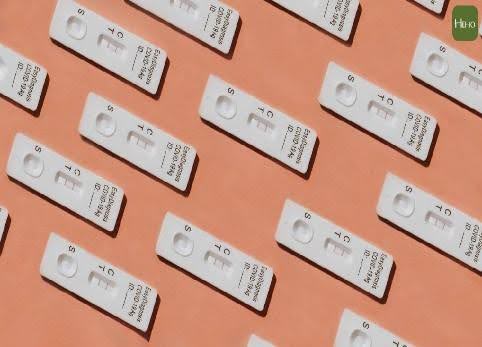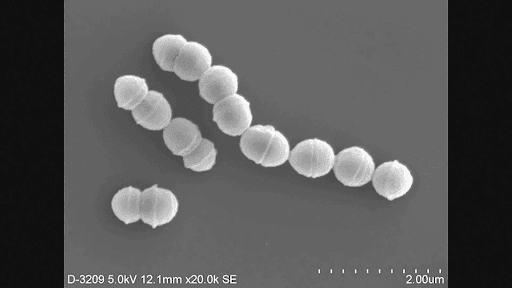To assist industry players in following the trend of Reducing Carbon Emissions for a Global Supply Chain, Bureau of Foreign Trade, MOEA organized an online forum on "How Enterprises Should Respond to International Green New Deal Trends".
In regard to climate change issues, European Union and other countries have proposed measures including "carbon border adjustment mechanism", "carbon emissions trading market", and "environmental sustainability classification standards" to create incentives for enterprises to reduce carbon and achieve industrial transformation and environmental sustainability. The goal is generally called the "Green New Deal."
1027.jpg)
Bureau of Foreign Trade, MOEA assists industry players in following the trend of Reducing Carbon Emissions for a Global Supply Chain. (Photo / Retrieved from Shutterstock)
The Bureau of Foreign Trade, MOEA commissioned the Chung-Hua Institution for Economic Research to hold the forum. Guests specially invited are the chairman of the 2050 Carbon Neutrality Advisory Group in Korea, Seoul University Professor Sun-Jin YUN, the director of the European Centre for International Political Economy Ho suk Lee-Makiyama, and the representatives of China Steel and Delta Electronics to share their personal opinions.
Discussions include “How can the international community respond to the Green New Deal”, “its impact on EU trading partners” and “helping industries enhance their international competitiveness”. This forum received enthusiastic responses from industry players, and more than a thousand people participated in the grand event.
1027.jpg)
Liu Zhi Hong (劉志宏), the Deputy Director of Bureau of Foreign Trade, MOEA promotes industrial transformation and international connections. (Photo / Provided by the Bureau of Foreign Trade, MOEA)
Liu Zhi Hong (劉志宏), the Deputy Director of Bureau of Foreign Trade, MOEA stated that countries are paying more attention to the issues of climate change in recent years. For example, South Korea and the EU have launched the Green New Deal; Taiwan is also actively adopting energy transition, including the development of carbon reduction strategies from manufacturing, transportation, housing, agriculture and other sectors to achieve the goal of net-zero emissions by 2050.
Relevant government agencies will work together to transform visions into prospects, turn crises into business opportunities, and promote industrial transformation and international connections on the premise of safeguarding Taiwan's fair competition rights.

1027.jpg)





